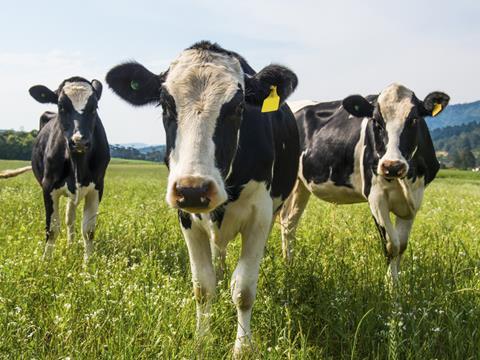
Just last week, our guest editor Richard Clothier, MD of Wyke Farms, warned the dairy crisis was getting so bad we might soon see farmers pouring milk down the drains.
The relentless downward pressure on dairy commodity prices showed no signs of abating this week, with Fonterra’s Global Dairy Trade index falling a further 2.9% in the face of an ongoing saturation of global markets.
So it is not surprising to see the dairy industry react with fury to Public Health England’s decision to urge British consumers to dramatically reduce the proportion of their diet made up of dairy products.
Although the world is saturated with milk, the UK is only around 80% self-sufficient in dairy, and boosting domestic consumption of British products (along with more exports) has always been touted as a key part of the solution to the current crisis.
The government has always appeared supportive of this aim, with both David Cameron and Defra’s Liz Truss crowing at every opportunity about the need to help British farmers and boost British consumption of British products. And just last week a group of MPs recommended the government introduce a 3 a day dairy recommendation to encourage people to boost consumption to improve health.
So it is frankly baffling that at a time when the industry needs domestic dairy consumption the most, the government’s own healthy eating guidelines would recommend Brits cut dairy consumption from 15% to just 8% of their diet. This is not a small reduction we are talking about – PHE is calling on people to cut dairy consumption almost as much as the reduction recommended for chocolate and crisps.
Not every consumer pays attention to government eating guidelines, but the dairy industry has been fighting a long battle to maintain dairy’s reputation in the face of concerns, first, over saturated fat and then over sugar. More bad publicity in the form of these new guidelines will no doubt leave shoppers thinking twice about how much dairy they are putting in their baskets.
It’s a rude slap in the face for the dairy sector – and it could well prove to be a fatal blow for UK dairy. If we can’t increase domestic consumption of British dairy products, the oversupply problem will only get worse and we could see milk flowing through the drains sooner than we imagined.







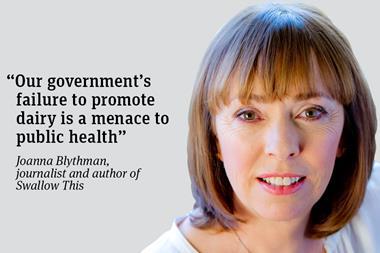

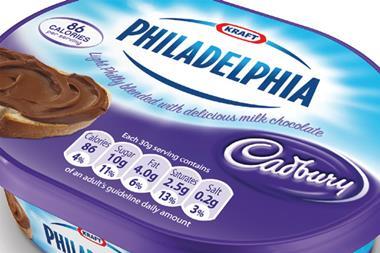
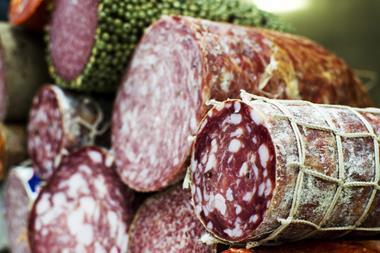
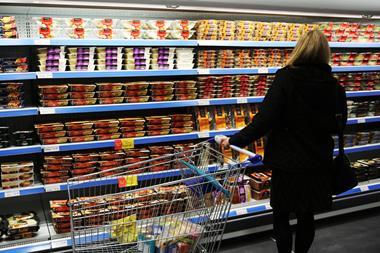
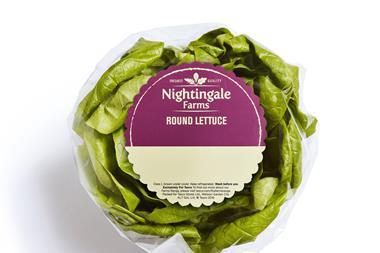






No comments yet